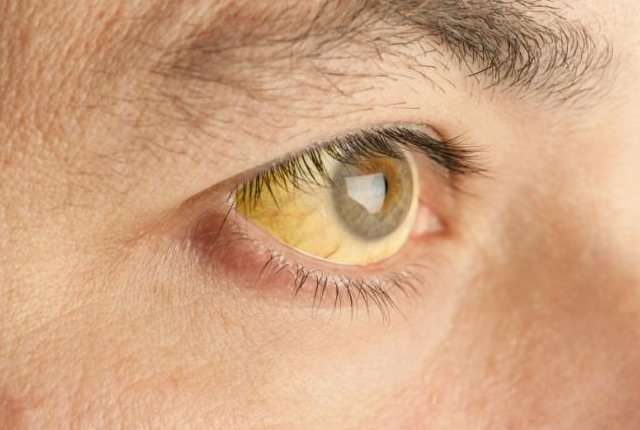Radish is a root vegetable with immense health benefits. You can eat them raw, add them in salads, make curries with them or stuff them in flat bread (parathas). Radish is found throughout the year. But it tastes best during summer and spring. Radish helps in cleansing our digestive track and liver. The black variety of radish is specifically helpful in lowering the signs of jaundice due to its bilirubin removing properties. It is also effective as a blood purifying food. Radish is highly enriched with potassium, Vitamin C and folic acids. Let us go through some of these various benefits of radish in detail. Please scroll down to read further.
1. Helps In Lowering Jaundice
Radish is an excellent natural cleanser and detoxifying food that keeps the stomach and liver clean.[1] It aids in purification of blood and eliminates harmful waste and toxins from the body. It is beneficial for jaundice patients because of its ability to reduce the levels of bilurubin. It provides oxygen to the blood which helps in providing safeguard against the reduction of RBC, which is associated with jaundice.
2. Reduces Urinary Disorders
Radish has diuretic properties. It increases the urge to urinate. It is anti-inflammatory in nature and reduces pain and burning sensation while urinating.[2] The cleansing properties of radish help in flushing out toxins from the body, through urine.
3. Osteoarthritis Relief
Radish contains Vitamin C in very high percentage. Each serving of radish provides approximately 17.2 mg of vitamin C. Now Vitamin C is a collagen forming component which helps in building the cartilage of our body. The presence of Vitamin C makes radish a powerful antioxidant that protects the cartilage against any potential damage from free radicals. Therefore, it is quite effective in providing relief from arthritis or osteoarthritis and also prevents it from occurring altogether.
4. Reduces Leucoderma
The seeds of a radish are especially effective in treating leucoderma, although the vegetable is also beneficial.[4] The anti-carcinogenic as well as cleansing properties help in removing the white patches on the skin.
5. Reverses Diabetes
Eating radish hardly impacts the levels of sugar in the blood due to its insignificant glycemic index.[5] A diabetic patient otherwise has to think twice before what they eat, in what quantity and at what intervals, so that the sugar levels remain uninterrupted. With radish, there is no need to worry about all that. In fact, it helps in regulating the levels of sugar in the blood.
6. Regulates Blood Pressure
Radish is enriched with potassium. Potassium is associated with the regulation of blood pressure.[6] It unclogs the walls of the arteries and widens the blood vessels through which blood can pass with ease without the constraint to pass through the semi-blocked, narrow paths. All these helps in keeping the blood pressure in control.
7. Reduces Kidney Disorders
The cleansing, disinfectant and diuretic effects of radishes help in flushing out harmful chemicals, metals and toxin from the body.[7] These harmful objects are cleansed from the kidneys and the blood in the body is also purified in the whole process. Radish also works as a disinfectant which safeguards the kidneys against any possible infection.
8. Weight Loss
Eating radishes keep the stomach satiated for longer without adding any extra calorie.[8] It is mainly composed of roughage and fiber, indigestible carbohydrates and water, which makes it an ideal food for weight loss. The roughage and fiber induces bowel movement, so that the stomach does not remain bloated and constipated. The type of carbohydrates in radish does not add extra calories to the body and yet keeps the stomach fuller, while the diuretic and cleansing properties helps in the detoxification process. Therefore, radish is regarded as one of the most effective weight loss food.













